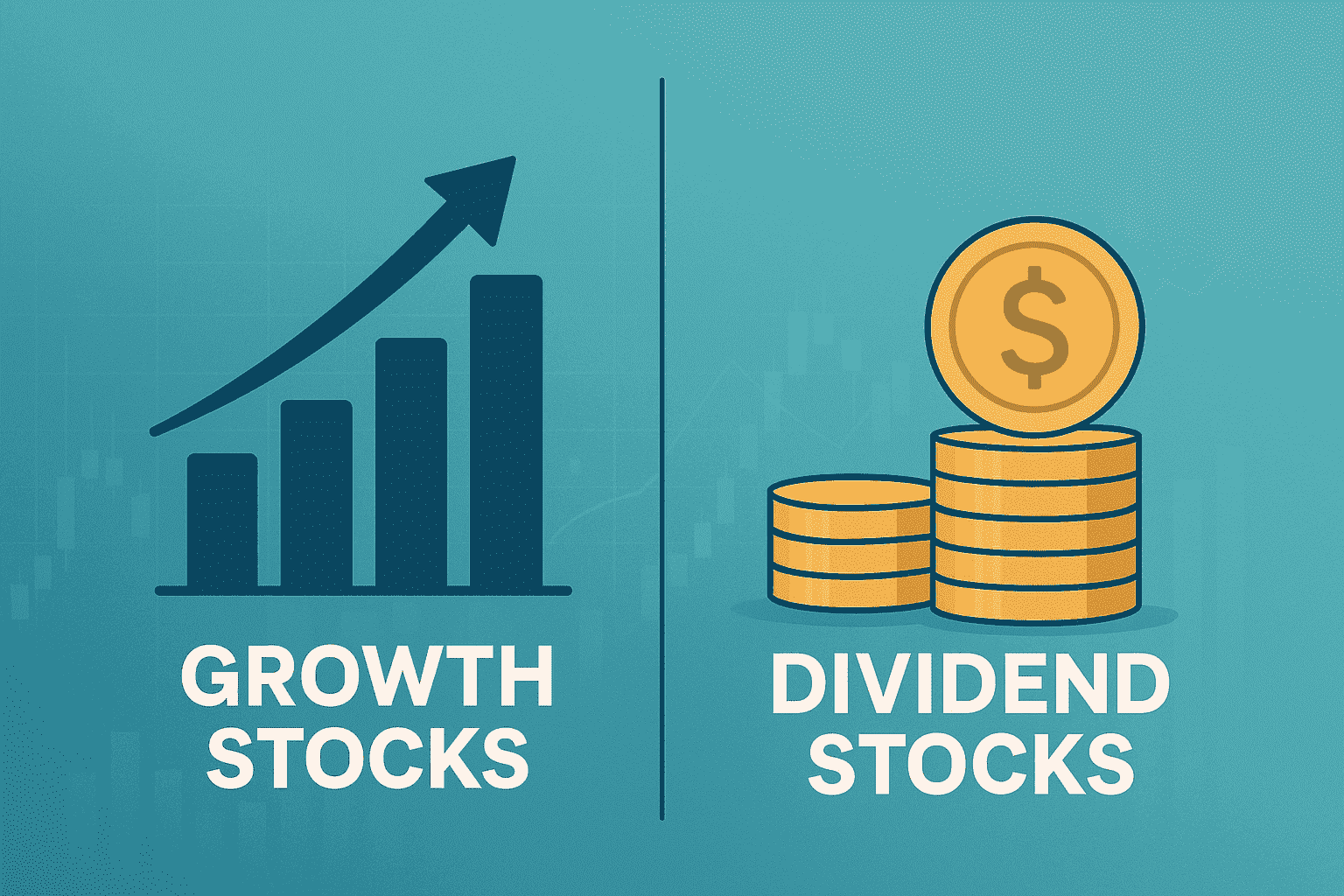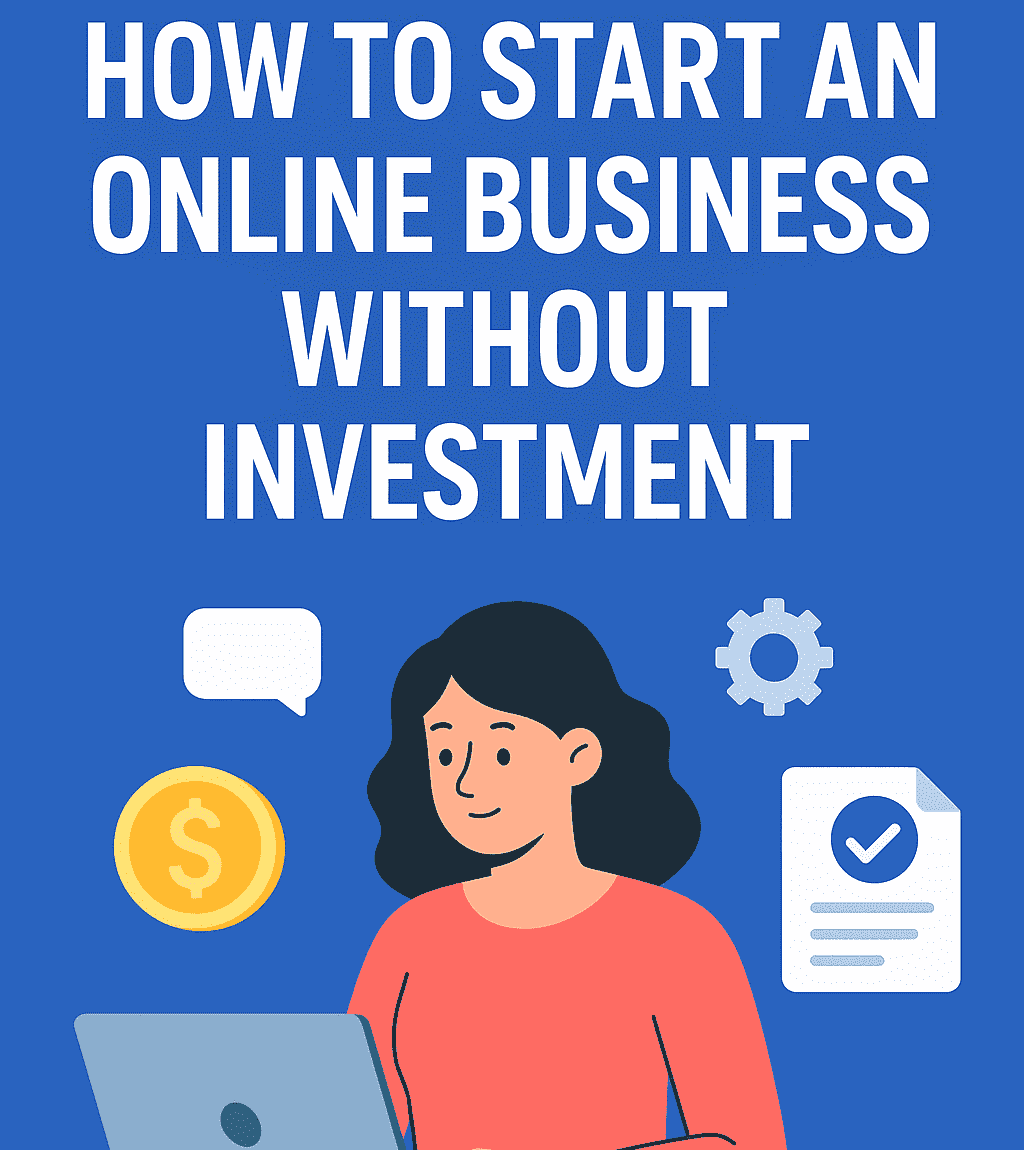In today’s fast-paced business world, companies are always looking for ways to optimize operations, reduce costs, and increase efficiency. One solution many businesses are turning to is Outsourced Accounting Services in Dubai. By partnering with an experienced accounting service provider Dubai, companies can streamline their financial processes, save time, and focus on growing their core business. Final Ratio Consulting LLC offers expert Outsourced Accounting Services in Dubai designed to meet your specific business needs.
What Are Outsourced Accounting Services in Dubai?
Outsourced Accounting Services in Dubai refer to the practice of hiring an external firm or accounting service provider Dubai to handle all your financial and bookkeeping tasks. These tasks can range from managing payroll, tax filing, financial reporting, and budgeting to handling day-to-day bookkeeping. By outsourcing, businesses can access professional accounting services without the need to maintain an in-house accounting team.
Why Choose Outsourced Accounting Services in Dubai?
Outsourcing your accounting needs to a reliable accounting service provider Dubai like Final Ratio Consulting LLC offers several advantages:
- Cost-Effective: Hiring an in-house accounting team can be expensive. Outsourcing to a professional accounting service provider Dubai can help reduce overhead costs, such as salaries, benefits, and office space.
- Expertise: Final Ratio Consulting LLC specializes in Outsourced Accounting Services in Dubai, providing businesses with access to experienced professionals who stay updated with the latest accounting rules and regulations.
- Time-Saving: Managing finances can be time-consuming. By using Outsourced Accounting Services in Dubai, you free up valuable time to focus on growing your business.
- Accuracy and Compliance: A professional accounting service provider Dubai ensures that your financial statements are accurate and compliant with regulations, reducing the risk of errors and penalties.
- Scalability: Whether your business is growing or downsizing, Outsourced Accounting Services in Dubai are flexible and can scale with your needs.
How Outsourced Accounting Services in Dubai Can Help Your Business
Partnering with Final Ratio Consulting LLC for Outsourced Accounting Services in Dubai allows your business to take advantage of professional expertise without the costs associated with hiring an in-house team. Here’s how we can assist:
- Bookkeeping: Our Outsourced Accounting Services in Dubai include keeping your financial records organized, tracking income and expenses, and ensuring that your accounts are balanced.
- Tax Preparation and Filing: Final Ratio Consulting LLC ensures that your business stays compliant with tax laws and regulations. As your trusted accounting service provider Dubai, we handle tax preparation and filing, ensuring that everything is submitted on time.
- Financial Reporting: Understanding your financial health is crucial for decision-making. We provide regular financial reports, giving you clear insights into your company’s performance.
- Payroll Management: Managing payroll can be a time-consuming process. Our Outsourced Accounting Services in Dubai ensure that your employees are paid accurately and on time, every time.
- Accounts Receivable and Payable: We manage your invoicing and payments, ensuring that cash flow is smooth and efficient.
Benefits of Partnering with Final Ratio Consulting LLC
Choosing Final Ratio Consulting LLC as your accounting service provider Dubai brings several advantages. We are dedicated to providing top-quality Outsourced Accounting Services in Dubai to businesses of all sizes. Here’s why we’re the best choice:
- Experienced Team: Our team of accountants has years of experience in delivering comprehensive Outsourced Accounting Services in Dubai to clients from various industries.
- Personalized Service: Every business is unique, and so are its accounting needs. We tailor our Outsourced Accounting Services in Dubai to fit your business goals and requirements.
- Advanced Technology: We use the latest accounting software to deliver accurate and timely results, giving you peace of mind when it comes to managing your finances.
- Confidentiality: We understand that your financial information is sensitive. As your accounting service provider Dubai, we take data security seriously and ensure that your information is kept confidential.
- Proactive Approach: We don’t just manage your books; we offer insights and advice to help you make informed decisions for your business. Our Outsourced Accounting Services in Dubai include strategic financial guidance that helps you plan for the future.
Why Outsourcing Makes Sense for Small and Medium-Sized Businesses
Small and medium-sized businesses often don’t have the resources to maintain a full-time accounting department. By using Outsourced Accounting Services in Dubai, these businesses can still benefit from professional accounting without the overhead costs. An accounting service provider Dubai like Final Ratio Consulting LLC offers flexibility and expertise, helping businesses manage their finances efficiently while focusing on their core operations.
Final Ratio Consulting LLC: Your Trusted accounting service provider Dubai
At Final Ratio Consulting LLC, we believe that every business deserves access to professional financial management, regardless of size. Our Outsourced Accounting Services in Dubai are designed to provide cost-effective solutions tailored to your specific needs. Whether you need help with bookkeeping, tax preparation, or payroll management, we are the accounting service provider Dubai you can rely on.
Conclusion
Outsourcing your accounting needs to a trusted accounting service provider Dubai like Final Ratio Consulting LLC can save your business time and money, while providing expert financial management. Our Outsourced Accounting Services in Dubai ensure that your financial operations run smoothly, allowing you to focus on growing your business.
If you’re looking for professional and reliable Outsourced Accounting Services in Dubai, look no further than Final Ratio Consulting LLC. Contact us today to learn how we can help you manage your finances efficiently and effectively.















Leave a Reply